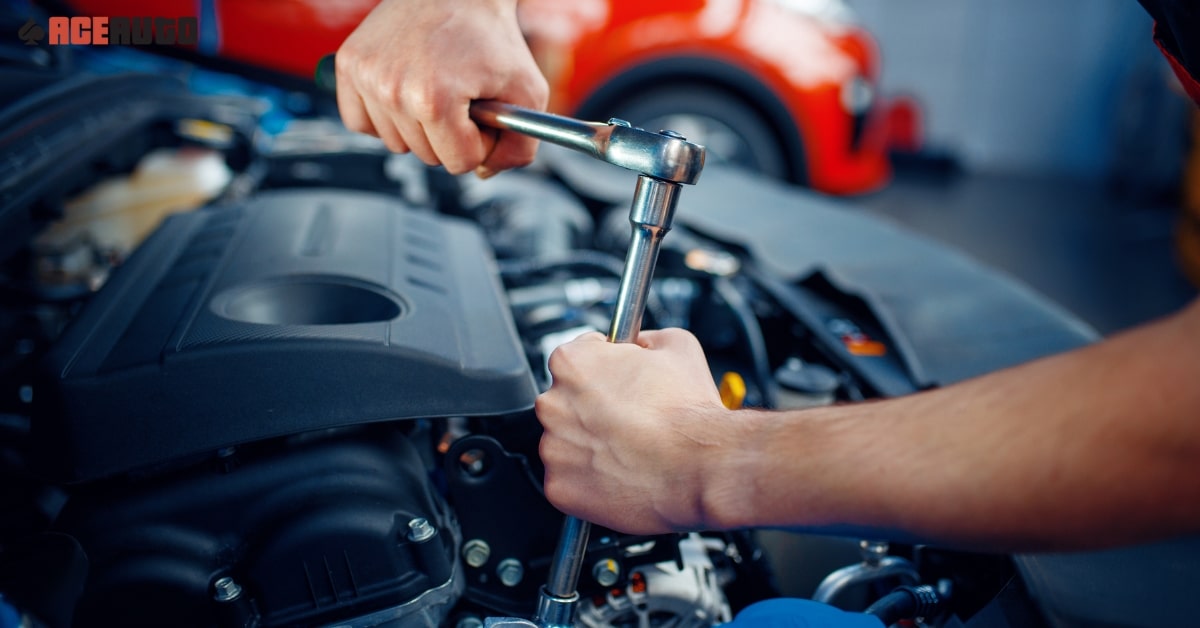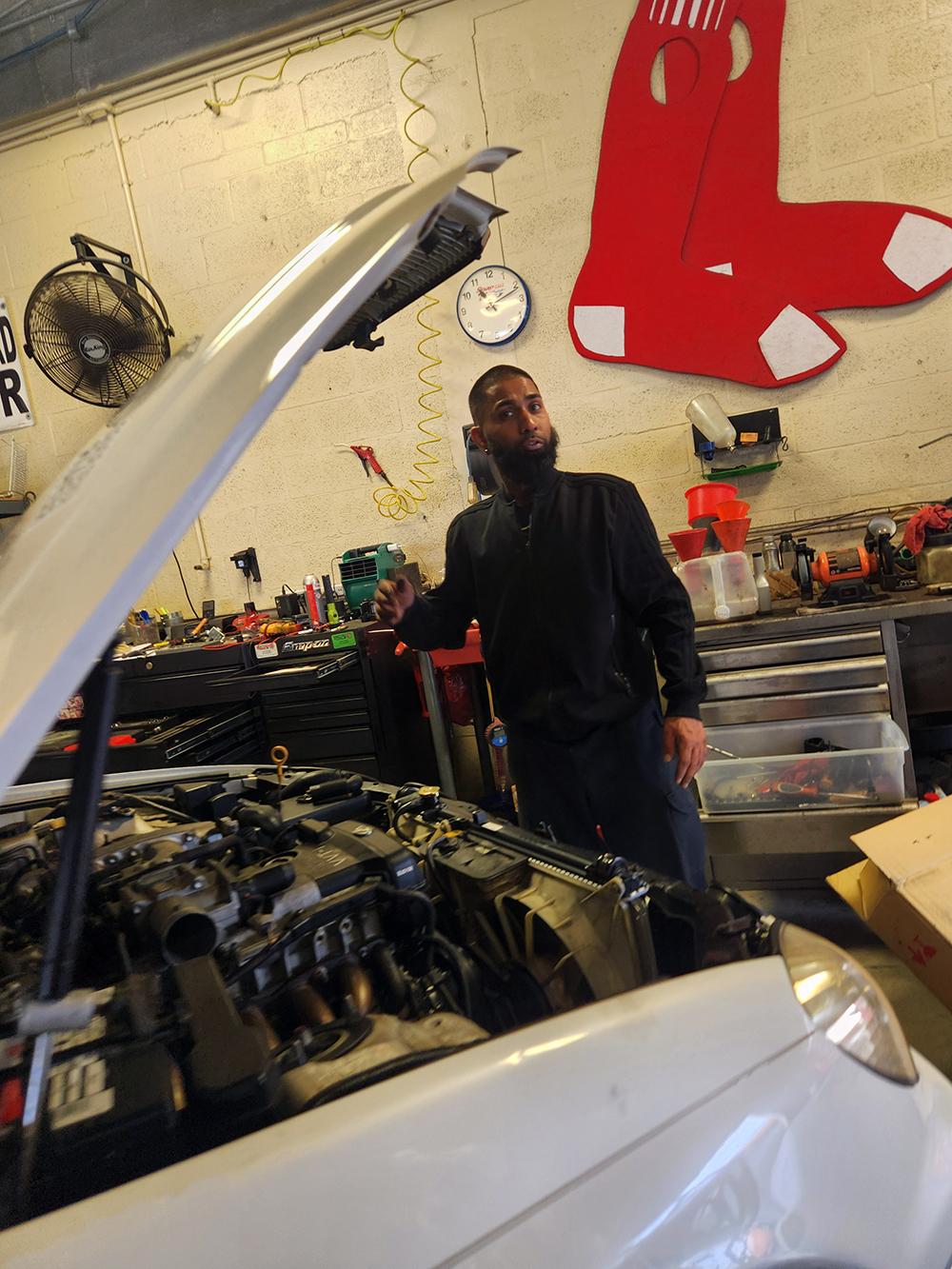All Categories
Featured

Understanding the elements that influence the cost of these repair services is necessary for car owners that desire to be prepared for the unforeseen. From the type of repair work required to the make of your cars and truck, several vital components can determine how much you'll pay for repairs.
- Kind of Repair service. The nature of the repair plays an essential function in the expense. Straightforward repair services, such as replacing a trigger plug or brake pads, are normally more economical since they need fewer parts and less labor. On the other hand, repairs that entail complicated systems like the transmission, engine, or electric systems have a tendency to be more pricey. These repair services usually call for even more specialized parts and proficiency, leading to higher labor costs. Additionally, if the repair involves disassembling multiple parts, the labor prices can climb significantly.
- Make and Design of Your Vehicle. The make and version of your vehicle have a significant influence on the price of repairs. Luxury and foreign vehicles, such as BMWs, Audis, and Mercedes-Benz, typically come with higher repair work costs as a result of their specialized components and the experience needed to work on them. On the other hand, even more common vehicles like Ford or Toyota typically have cheaper components and are easier for auto mechanics to work with, which lowers repair service prices. Additionally, some automobiles may call for specialized analysis devices or software program for particular repairs, including in the general cost.
- Parts Schedule and Top Quality. The price of the components required for the repair service is an additional significant element. If you need original tools supplier (OEM) components, you can anticipate to pay more, as these are made specifically for your lorry. While OEM parts offer a greater degree of top quality and integrity, they feature a costs cost tag. Aftermarket components-- those made by third-party manufacturers-- are usually much less expensive, yet might not always match the high quality or longevity of OEM parts. The rarity of parts, particularly for older or specialized vehicles, can additionally drive up the price, as locating suitable replacements can take some time and initiative.
- Labor Costs. Labor costs are among the largest factors to the general cost of cars and truck repairs. These costs differ by area and fixing shop, with urban areas usually charging greater prices because of above costs. Mechanic proficiency also affects labor costs-- much more experienced or specialized service technicians often tend to charge more for their services. The intricacy of the repair work additionally plays a role; repair work that call for even more time or specialized understanding, such as working on an engine or electric system, will cause greater labor charges. Labor is typically billed on a hourly basis, and some repairs can take numerous hours to finish.
- Level of the Damages. The intensity of the damages to your automobile is another crucial consider figuring out fixing prices. The repair might be reasonably affordable if the concern is restricted and minor to one component of the lorry. Nevertheless, if the damage is comprehensive and calls for multiple components to be changed or repaired, the expense will rise. A busted timing belt could call for changing other engine components that were harmed in the procedure, making the repair a lot more complicated and pricey. When significant systems like the transmission or engine are impacted, the repair expense can rise rapidly because of the variety of parts and the labor entailed.
- Lorry Age and Problem. Older vehicles often tend to need even more frequent repair services, and as parts put on out over time, the price of those fixings can boost. In addition, components for older designs may be harder to locate, which can raise both the rate and time required for fixings.
- Place of the Fixing Store. The area of the repair work store can likewise impact the expense of car repair services. Furthermore, dealers commonly charge extra for repair work contrasted to independent repair work stores, although dealerships may make use of OEM components and provide specialized service for your make and model.
- Insurance and Guarantee Coverage. If your vehicle is still under warranty, several significant fixings may be covered by the manufacturer, which can save you a significant quantity of cash. Sometimes, extended warranties or service strategies can aid cover repair services for specific components of the vehicle. Furthermore, if the repair work is an outcome of an accident, your automobile insurance policy might cover the cost. Be sure to examine the terms of your insurance coverage or guarantee plan to comprehend what fixings are covered and what you may require to pay for out-of-pocket.

Conclusion. Numerous factors influence the expense of significant automobile fixings, consisting of the kind of repair work, the make and version of your car, the high quality of the components made use of, and labor costs. Recognizing these elements can assist you far better plan for repair service costs and make even more educated choices when it's time for a major repair. Regular maintenance, consisting of prompt oil modifications, brake assessments, and tire rotations, can help lessen the need for pricey fixings down the line. If you deal with a pricey fixing, it's always a great concept to get several quotes and consider the benefits of using OEM versus aftermarket components to make one of the most cost-effective decision.
Latest Posts
Host Your Perfect Event: Place Rental Choices for every single Occasion
Published Mar 21, 25
1 min read
Discover Relaxation at the Claridge Indoor Pool
Published Feb 13, 25
1 min read
Atlantic City's Top Kosher Wedding Locations
Published Feb 02, 25
2 min read